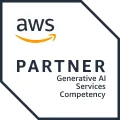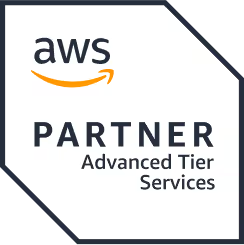Co-create with Ideas2IT












From Fragmented Infrastructure to FHIR-Native Efficiency: A Case Study in Healthcare Platform Modernization
A KLAS-recognized PHM provider was stuck with legacy infrastructure, fragmented data, and slow onboarding cycles. Ideas2IT modernized their entire data and analytics pipeline using Kubernetes, Delta Lake, and FHIR enabling plug-and-play onboarding, real-time QA, and 50% cost savings. The result? A future-ready PHM platform designed for scale, speed, and interoperability.
Despite strong market recognition, the client’s platform suffered from:
New client rollouts took up to 4 months. Query times were slow. Scaling meant rewriting. Interfacing with external EHRs or payers was a custom dev effort every time.
They needed a platform rethink.
Ideas2IT re-architected the entire PHM system around automation, modularity, and FHIR compliance. We built a cloud-native ingestion and analytics engine with:
We also built custom tooling to accelerate delivery:
Every service (except S3 ingestion) was containerized and orchestrated via Kubernetes, giving the client total control over deployment environments and minimizing vendor lock-in.
50% Lower Operational Cost Per Client
Elastic infrastructure and containerized services drastically cut ongoing cloud spend.
Onboarding Time Cut from 4 Months to 2 Weeks
Standardized ingestion and reusable modules eliminated bespoke client setups.
Real-Time Data Validation Built In
Great Expectations flagged anomalies at the pipeline level no manual QA needed downstream.
Seamless Interoperability with EHRs and Payers
FHIR-native design enabled clean integration, no custom APIs or transformation layers required.
You can’t build a modern PHM business on legacy scaffolding. By rethinking the entire architecture around FHIR, automation, and cloud-native tooling, we turned onboarding into a repeatable process and analytics into a real-time asset.










